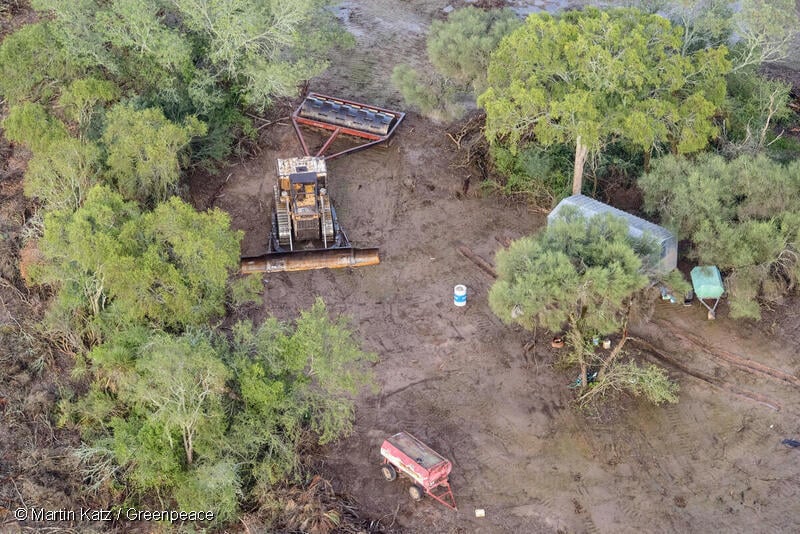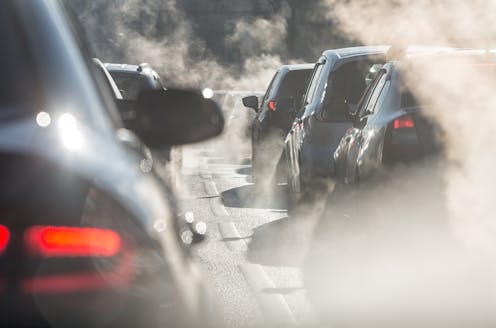Some say the deal is historic, others that it is weak. We look closely at the text for the truth of the matter
The decision text from Cop28 has been greeted as both “historic”, for being the first ever call by the world’s nations for a “transition away” from fossil fuels, and as “weak and ineffectual” and containing a “litany of loopholes” for the fossil fuel industry. An examination of the text itself helps explain this contradiction.
Limiting global warming to 1.5C [above pre-industrial levels] with no or limited overshoot requires deep, rapid and sustained reductions in global greenhouse gas emissions of 43% by 2030 and 60% by 2035 relative to the 2019 level and reaching net zero carbon dioxide emissions by 2050. [Countries] further recognise the need for deep, rapid and sustained reductions in greenhouse gas emissions in line with 1.5C pathways.
Tripling renewable energy capacity globally and doubling the global average annual rate of energy efficiency improvements by 2030.
Accelerating efforts towards the phase-down of unabated coal power.
Transitioning away from fossil fuels in energy systems, in a just, orderly and equitable manner, accelerating action in this critical decade, so as to achieve net zero by 2050 in keeping with the science.
Accelerating zero- and low-emission technologies, including, inter alia, renewables, nuclear, abatement and removal technologies such as carbon capture and utilisation and storage (CCUS), particularly in hard-to-abate sectors, and low-carbon hydrogen production.
Phasing out inefficient fossil fuel subsidies that do not address energy poverty or just transitions, as soon as possible.
Recognises that transitional fuels can play a role in facilitating the energy transition while ensuring energy security.
Results-based payments for policy approaches and positive incentives for activities relating to reducing emissions from deforestation and forest degradation, and the role of conservation, sustainable management of forests and enhancement of forest carbon stocks in developing countries.
Continue reading...
 4 months ago
54
4 months ago
54


